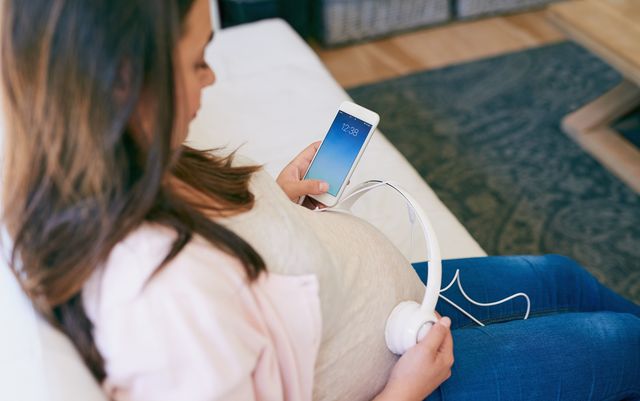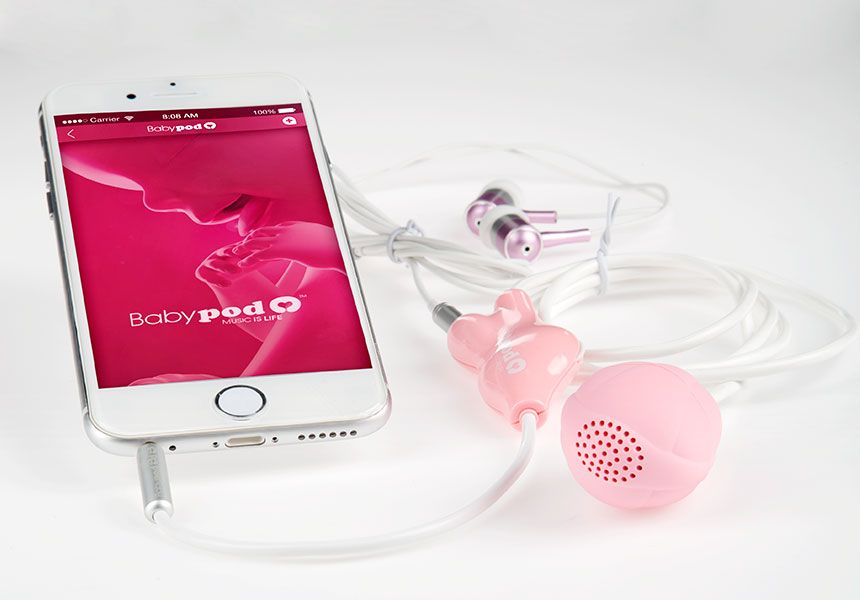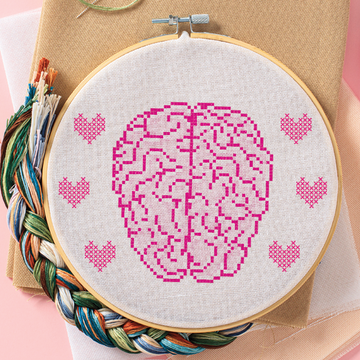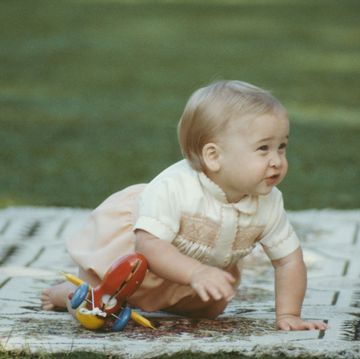In case pregnant moms didn't feel silly enough putting headphones on their bumps, an OB/GYN center in Barcelona developed a slightly-stranger alternative: intravaginal speakers for your unborn baby. Expecting women can insert the tampon-like device into their vaginas, and then play some "stimulating" tunes for their developing child.
The Babypod sells for about $166, and purportedly encourages neonatal brain development, communication and vocalization. According to a 2015 study by developer Institut Marquès, fetuses didn't respond to speakers on their mothers' abdomens, but did react to music played intravaginally. Connecting the spherical gadget to a phone, covering it with a condom and then cuing up the recommended playlist generates "a response consisting of mouth and tongue movements ... similar to those made by young babies."
The routine is definitely a departure from What to Expect When You're Expecting, but Babypod touts many positive testimonials on its site. "Exciting and beautiful. For me it has meant the first bonding with my baby," one mom said. "With the music the baby seemed to be dancing, moving arms, legs and head. Marvelous. "
However, some experts doubt Babypod's benefits — and worry it may do more harm than good. "I can't imagine that an obstetrician would be okay with this, number one — and number two, the science behind it sounds a bit loosey-goosey to me," NBC medical contributor Dr. Natalie Aza told TODAY Parents. "We all know the vagina has its own way of keeping clean and everything, but this seems like unnecessary risk."
Besides any hygienic concerns, unborn babies can likely hear external sounds without the help of fancy equipment. A 2013 study published in PLoS ONE found babies recognized music played during the last trimester of pregnancy simply using regular, ol' speakers. But while newborns displayed familiarity with "Twinkle Twinkle Little Star," that "preconscious learning" might not mean much in the long run when it comes to intelligence or communication.
"Just because fetuses can learn doesn't mean you need to teach them things," study co-author Eino Partanen told the Washington Post at the time. "The intrauterine environment has plenty of stimulation."
In fact, some scientists believe a mother's voice is the most important sound a developing baby can hear. According to Parenting, fetal heart rates tend to slow down when mom speaks, suggesting not only do unborn babies recognize the sound, but it also has a soothing effect. Best of all, chatting while you're expecting is completely, 100% free — no condom-covered, intravaginal devices required.














